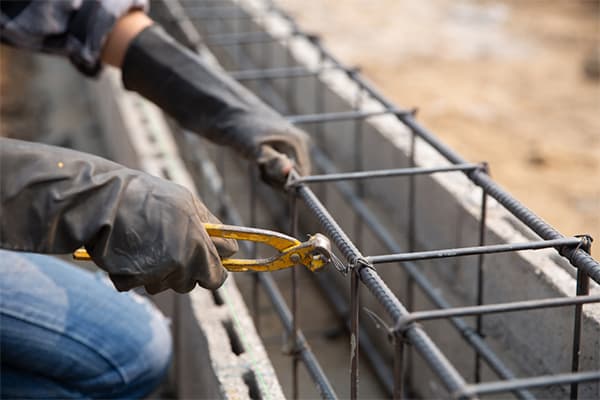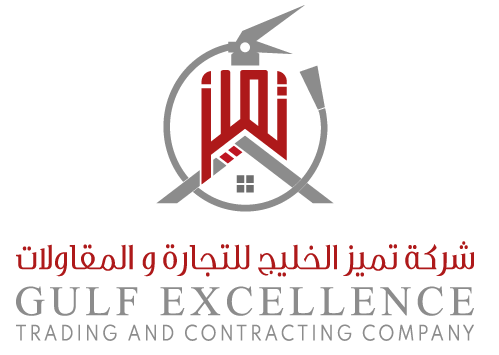Installation of Metal & Concrete Barriers
Metal and concrete barriers are essential components of modern infrastructure, ensuring road safety, traffic management, and protection of property. These barriers are designed to control vehicle movement, prevent accidents, and provide structural safety in highways, industrial zones, and urban spaces. Professional installation plays a vital role in guaranteeing their durability and effectiveness
Metal barriers, often made of galvanized steel, are widely used for highways, medians, and restricted zones. They are flexible, impact-resistant, and capable of absorbing shock during collisions. The installation process involves site preparation, foundation fixing, proper alignment, and securing each section for maximum stability. Metal crash barriers are highly effective in guiding traffic flow and minimizing accident severity.

Concrete Barriers
Concrete barriers are known for their strength and permanence. Commonly used in highways, flyovers, and construction zones, they prevent vehicle crossovers and protect both drivers and pedestrians. Installation requires precise positioning, strong foundations, and interlocking connections to ensure stability. Precast concrete barriers are often used for faster installation and easy relocation when required.
Applications
Both metal and concrete barriers are applied in diverse sectors, including highways, toll plazas, parking lots, airports, construction sites, and industrial facilities. They play a vital role in controlling traffic, ensuring worker safety, and protecting infrastructure.
Benefits
The key benefits of barrier installation include enhanced road safety, traffic management, accident prevention, and long-term durability. While metal barriers offer flexibility and cost-effectiveness, concrete barriers provide unmatched strength and stability.
